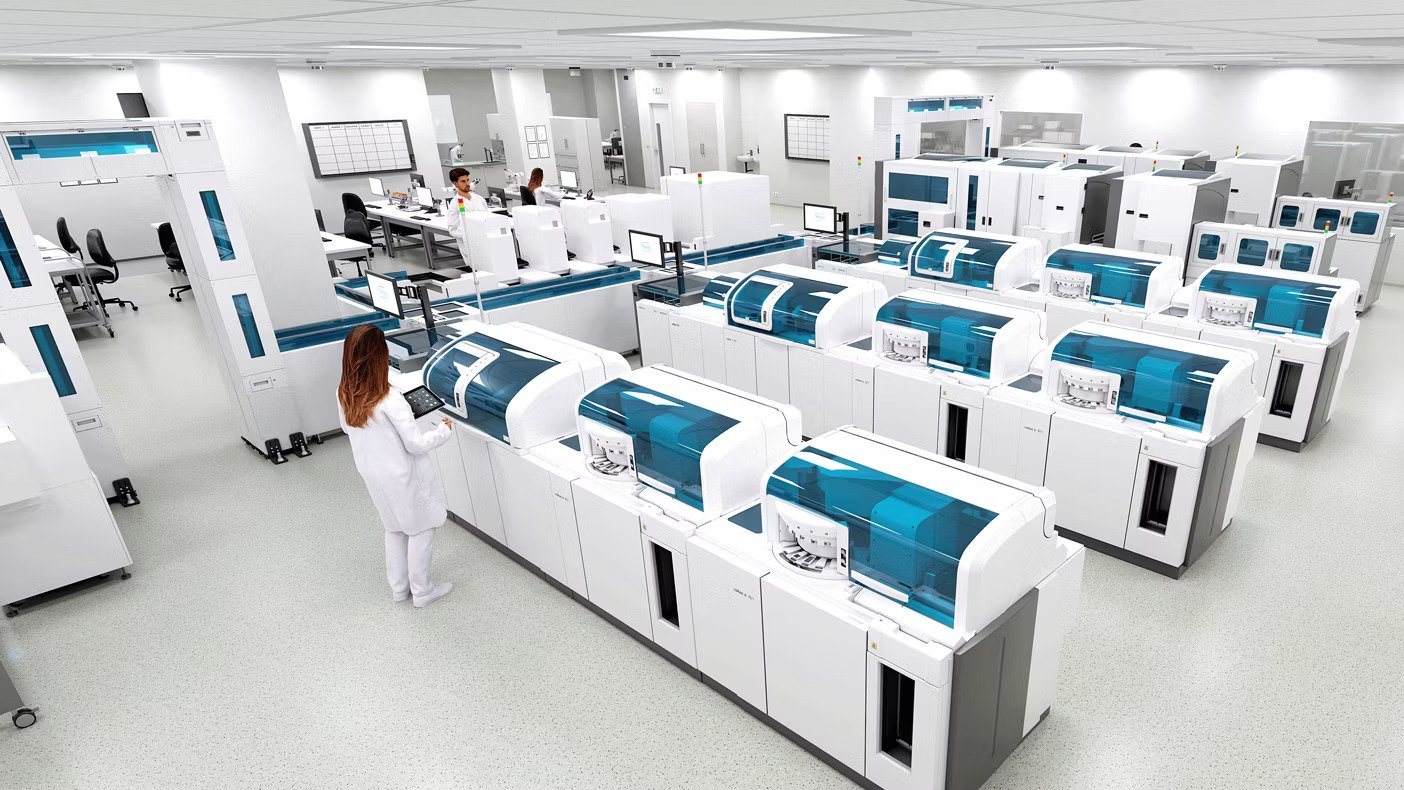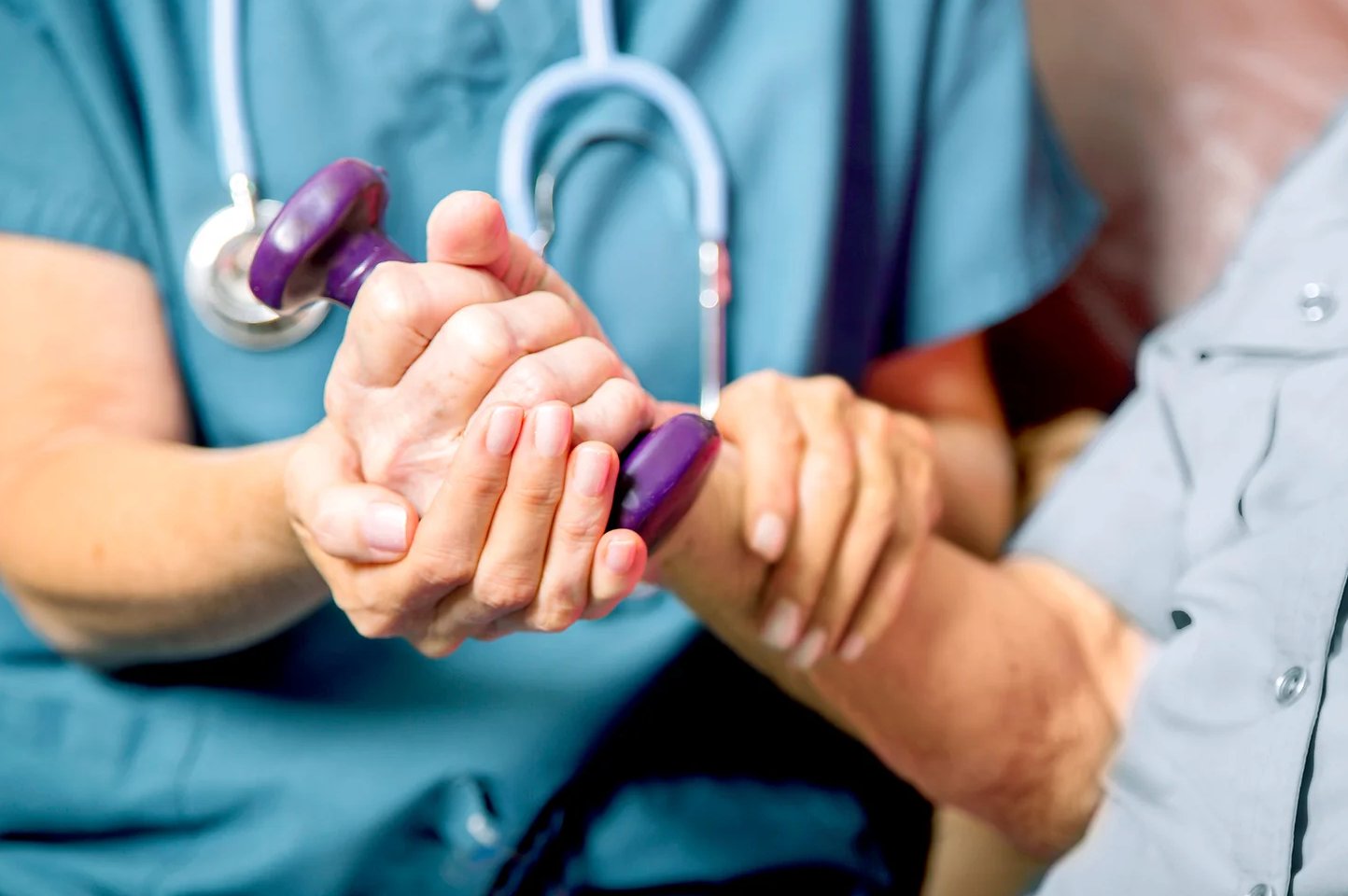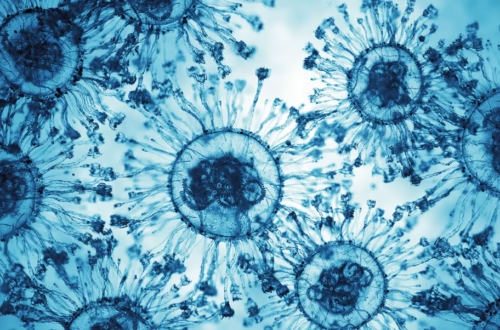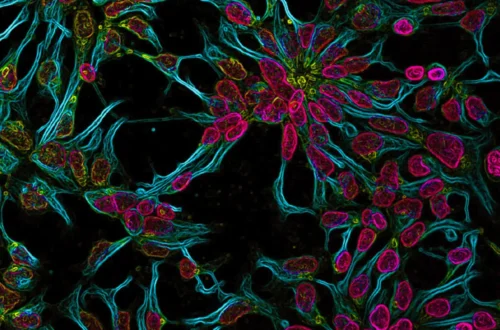Life today isn’t like how it used to be—a life where you’d have to brainstorm and think on your own, search up the answers to your curious questions by yourself, or even play music on a radio. It’s no secret that artificial intelligence is everywhere now. From smart playlists on Spotify that pick songs based on your past music data to voice assistants that’ll pretty much do anything you ask, AI is shaping how we live, work, and play. But one of the most fascinating areas where AI has truly played a big role? Healthcare.
In the last 20 years, unimaginable changes have occurred with the equipment and technologies used in hospitals. Back then, everything relied on what doctors and nurses could do manually—reading test results, writing down notes, and depending on their own eyes and instincts to diagnose and treat patients. But now? A lot of it is handled by machines that take over tasks that used to require years of training. These new technologies can now even think and make recommendations for patients. It’s actually crazy!
Okay, so if we’re being real—robots and AI in healthcare may sound super futuristic, but the reality is, they’re already here and making a huge impact on our lives.
THE HIDDEN HEROES IN CLINICAL LABS:
When you think about heroes, you tend to think of Superman, Spider-Man, or even Black Panther. But really—at least in hospitals—it’s the robots working in labs that deserve the credit. These behind-the-scenes machines handle blood tests, virus screenings, and diagnostics. Labs used to rely heavily on humans doing most of the work, which meant results took longer and were more prone to mistakes. But now, thanks to our hidden heroes, labs are automated—faster, smarter, and WAY more accurate. One robot in particular seriously changed the game for labs around the world: the cobas® 8800 System.
The cobas® 8800 System is a sophisticated molecular diagnostics platform developed by Roche Diagnostics. It uses real-time Polymerase Chain Reaction (PCR) technology to detect and measure different nucleic acid targets in clinical samples.
This system is a fully automated, sample-to-result platform that massively boosts lab efficiency. It automates everything—sample handling, DNA/RNA extractions, PCR amplification, and result interpretation. Reports show that this technology can process up to 1,056 tests in an 8-hour shift—which is way more than what a human team could do in the same time. And here’s the wild part: it runs 24/7, without needing coffee breaks, lunch hours, or shift changes. Just non-stop, reliable performance.
The cobas® 8800 automates everything—from prepping samples to delivering final results. No need for a team of people to load and check each test. You just drop in the samples and let it do its thing. It even helps prevent errors and contamination, which makes everything safer for both patients and lab workers.
Basically, the cobas® 8800 takes the boring, repetitive, but super important work and makes it fast, clean, and reliable. During COVID-19, it was one of the key machines that kept up with mass testing demands when the world felt like it was falling apart. But even now, it’s used to diagnose diseases like HIV, HPV, and hepatitis.
So as you can see, AI isn’t just about smart speakers or cool TikTok filters. It’s actually reshaping healthcare in ways that help real people. From clinical labs to hospital rooms, machines are teaming up with humans to create something better—faster results, more accurate diagnoses, and less stress on overworked healthcare staff.
Robots like the cobas® 8800 might not look flashy, but they’re changing lives behind the scenes. And if this is where we are now… imagine what’s next.
Stay curious. Stay inspired. The future of healthcare is happening right now.
Subscribe to our newsletter!




